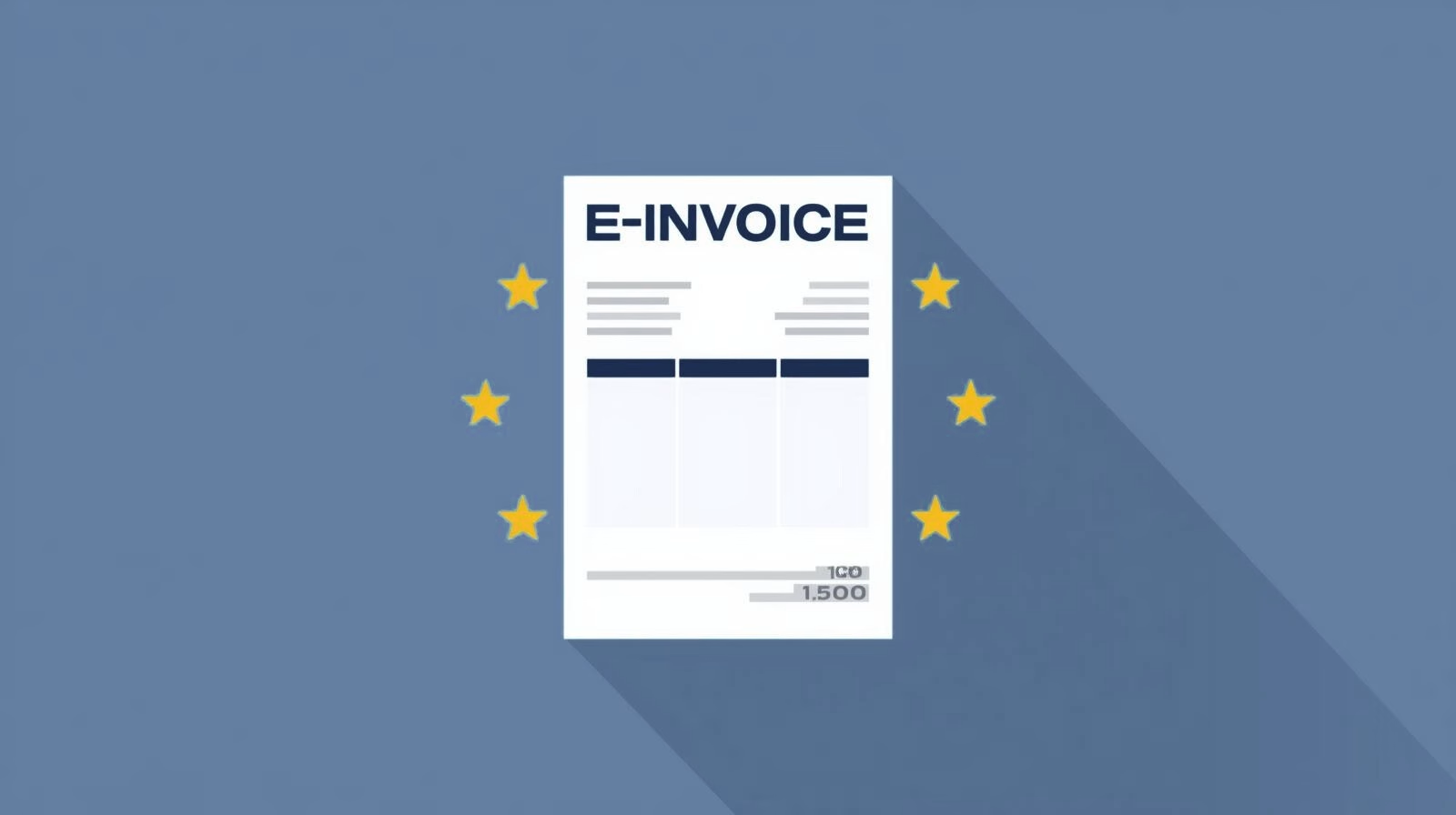Deferred income arises when a company receives income before the balance sheet date, but the related service is not rendered in full or in part until a later period. They serve the purpose of Demarcation of income and are also referred to as deferred income.

Typical use cases:
- Advance payments for rental income
- Interest payments received in advance
- Fees for future services
- Subscriptions or service contracts with advance payment
Booking and cancellation:
- On receipt of payment: Credit entry to a revenue account, debit entry to the bank account.
- As at the balance sheet date: PRAP is posted to credit, income account is reduced to debit.
- In the new financial year: Reversal by debit entry to PRAP account and credit entry to the revenue account.
Versino Financial Suite
the Versino Financial Suite fully automates the creation, reversal and documentation of deferred income in SAP Business One. It guarantees correct accrued income in the correct period in accordance with HGB/IFRS, ensures maximum transparency for auditors and significantly reduces the manual posting effort.
Legal basis:
The obligation to recognise deferred income arises from § Section 250 (2) HGB. It states that income before the balance sheet date that represents income for a certain period thereafter must be recognised as deferred income.
Differentiation from related terms:
- Accrued income and prepaid expenses (ARAP): Expenditure in the old year, expenditure in the new year.
- Anticipatory demarcation: Expense in the old year, payment in the new year → other Liability.
- Transitory accrual: Payment in the old year, income in the new year → PRAP.
Chart of accounts examples (DATEV SKR 03):
- 0990 - Accrued expenses and deferred income
- 4900 - Accrued expenses and deferred income
- 8950 - Accrued expenses and deferred income (intra-year)
Implementation in SAP Business One:
- Recording is done manually via journal entries.
- Accruals and deferrals can be represented by corresponding G/L accounts in the chart of accounts.
- The creation can be simplified by using automatic delimitation functions (e.g. add-ons).
- Deferred income is recognised under finance available as a function.
Functional benefits:
- Revenue is recognised in the period in which the service is rendered.
- Avoidance of a distortion of the company's results in the financial year.
- Basis for correct balance sheet and income statement preparation.
Summary:
Accruals and deferred income are an essential instrument of accrual accounting. In SAP Business One, these can be realised via postings and corresponding account assignments. They ensure that advance payments for services that will only be rendered in the future are correctly recognised and allocated to the corresponding financial year.

Service description in the e-invoice: How much detail really needs to be included?

Verifactu in Spain: the new invoicing obligation

The e-invoicing regulations in Europe

Versino Financial Suite V09.2025 for SAP Business One

Accounting outsourcing: Why it pays off for SMEs
